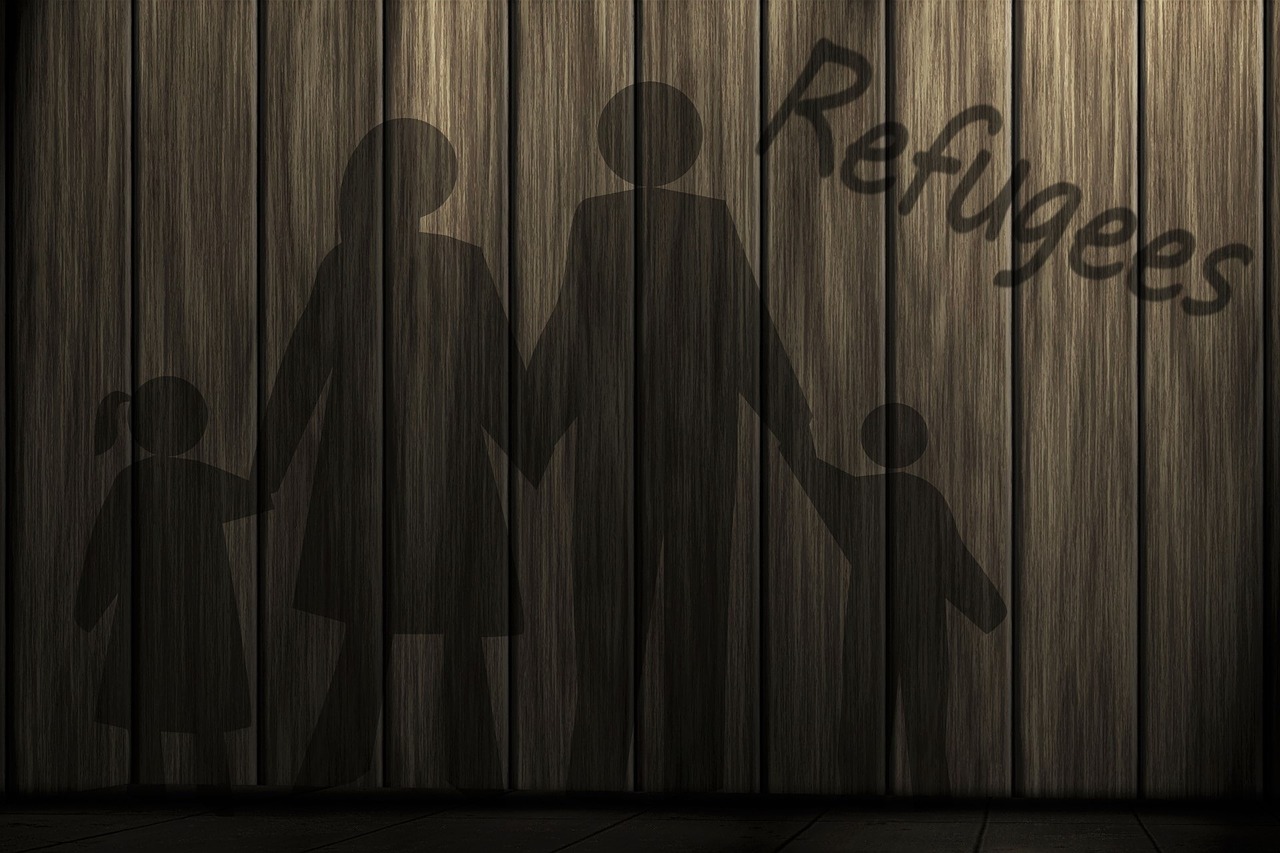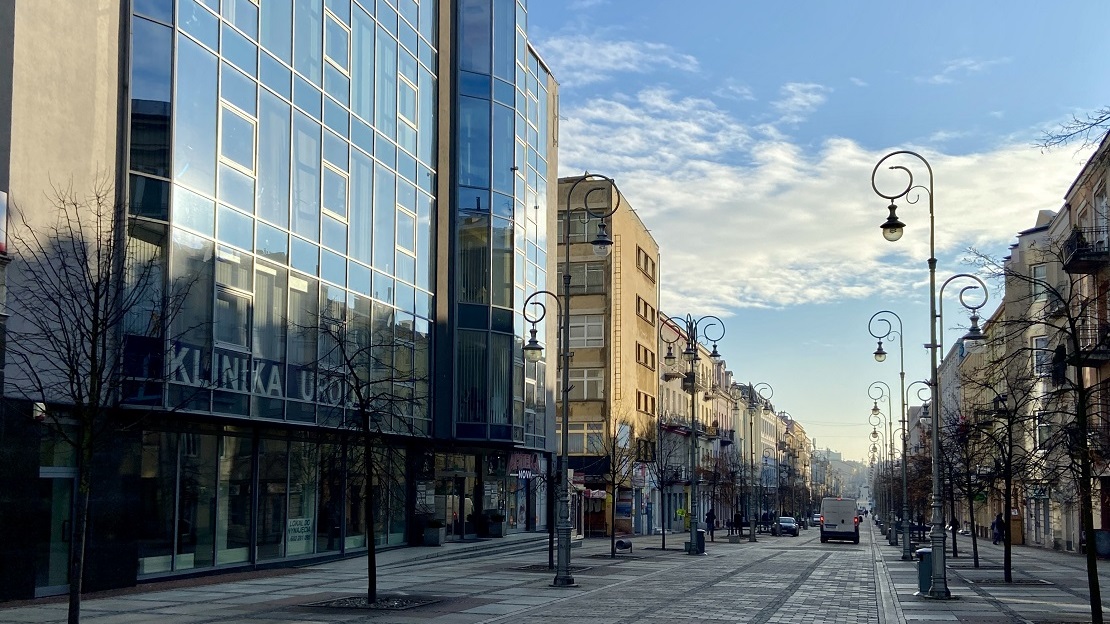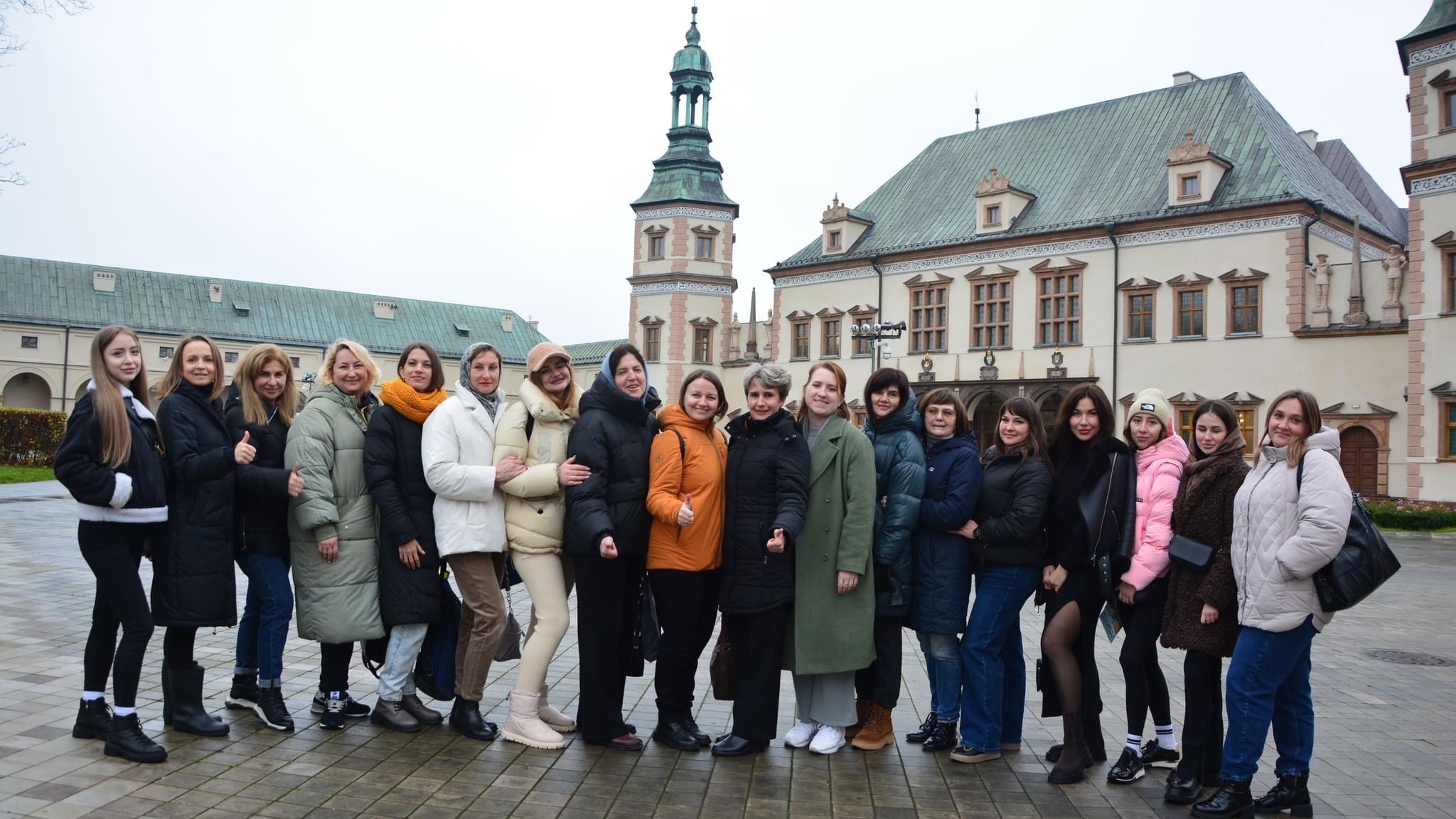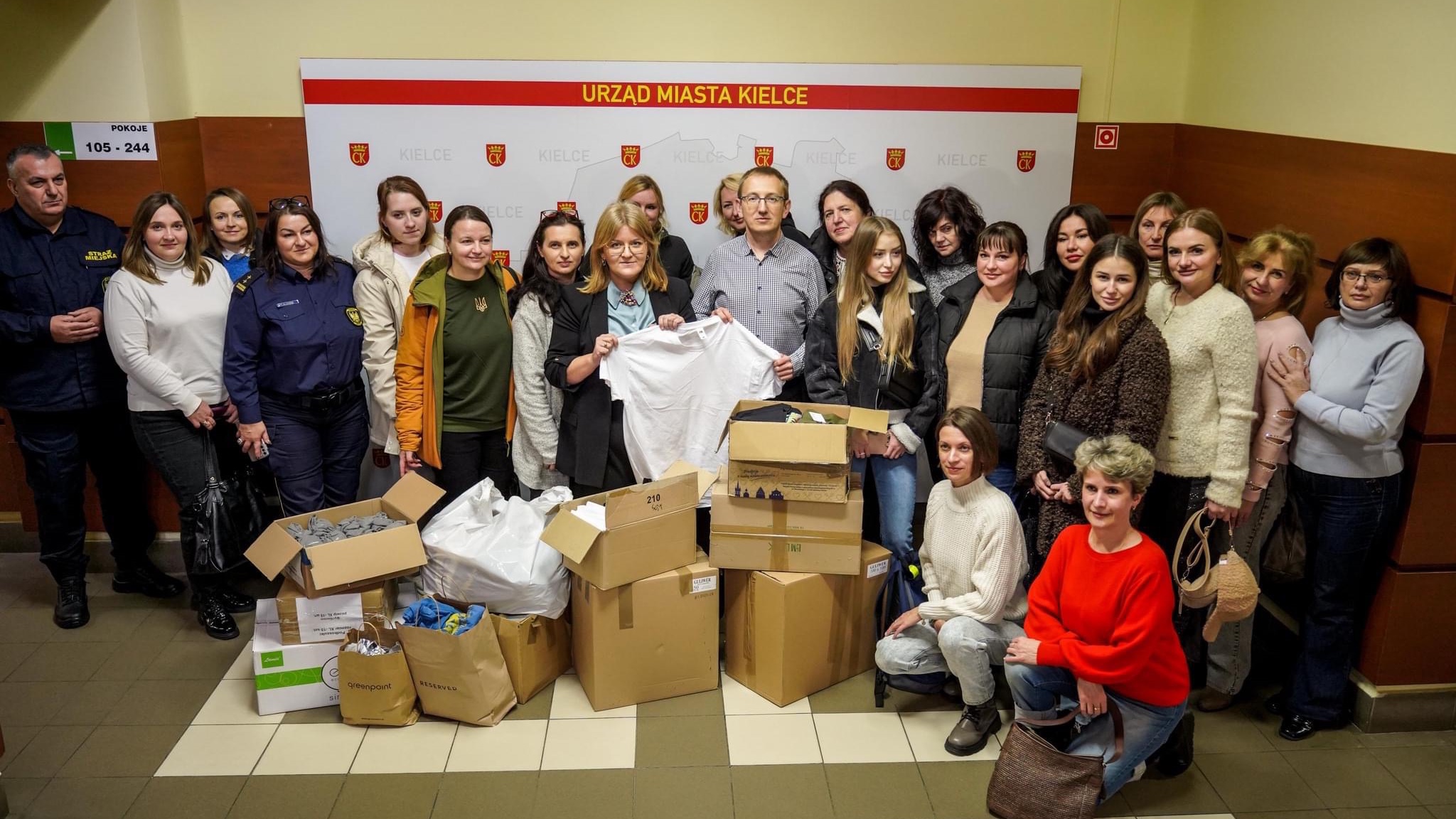Due to more and more questions about applying for a refugee status, we will try to introduce you to the most important concept of international protection.
Who are the refugees?
They are foreigners, who, due to a well-founded fear of persecution because of their race, religion, nationality, political beliefs or belonging to a specific social group, were forced to leave their country of origin, and who, due to these fears, cannot or do not want to benefit from the protection of their country (source : Geneva Convention of 28 July 1951).
Persecution may include, in particular:
- using physical or mental violence, including sexual violence;
- application of legal, administrative, police or judicial measures in a discriminatory or discriminatory manner;
- initiating or conducting criminal proceedings or punishing in a manner that is disproportionate or discriminatory;
- no right to appeal to court against disproportionate or discriminatory punishment;
- initiation or conduct of criminal proceedings or punishment due to refusal to perform military service during a conflict, if performing military service would constitute a crime or actions inconsistent with international law;
- acts against persons because of their sex or minority.
The most important criterion for distinguishing a person recognized as a refugee is a well-founded fear of persecution.
The difference between asylum and refugee status
Asylum - a form of protection granted to foreigners when it is necessary to ensure their safety and when it is in the important interest of the Republic of Poland. Such protection is of a political nature, in practice it is not applied in Poland. Under Polish law, asylum is not the same as refugee status, but in international terminology, the terms "refugee status" and "asylum" most often mean the same.
Other types of protection
Subsidiary protection - a form of international protection for people who have not received the refugee status, but who are subject to conditions for granting protection. Subsidiary protection is granted in a situation where the return to the country of origin may expose the foreigner to a real risk of suffering serious harm by:
- death sentence or execution;
- torture, inhuman or degrading treatment or punishment;
- serious and individual threat to life or health resulting from the widespread use of violence against the civilian population in a situation of international or internal armed conflict.
Residence permit for humanitarian reasons - it may be obtained by a foreigner if obliging him to return:
1. It may only be made to a country where:
- his right to life, liberty and personal security would be threatened, or
- he could be subjected to torture or inhuman or degrading treatment or punishment, or
- might be forced to work or
- could be deprived of the right to a fair trial or punished without a legal basis or
2. would violate his right to family or private life, within the meaning of the Convention for the Protection of Human Rights and Fundamental Freedoms, signed in Rome on November 4, 1950, or
3. would violate the rights of the child to a degree significantly threatening its psychophysical development.
The application for international protection is submitted to the Head of the Office for Foreigners via the Commander of the Border Guard.
DO YOU HAVE ANY QUESTIONS?
Contact the Information Point for Foreigners in Kielce:
phone: +48573338377, e-mail: info@2023.inteuro.info
Kielce, ul. Sienkiewicza 78A - from Monday to Friday from from 8 a.m. to 4 p.m.








